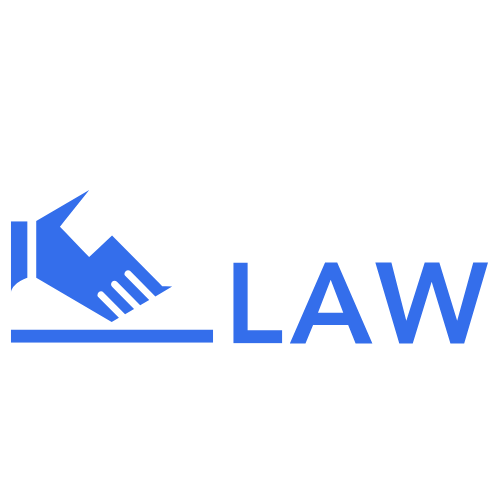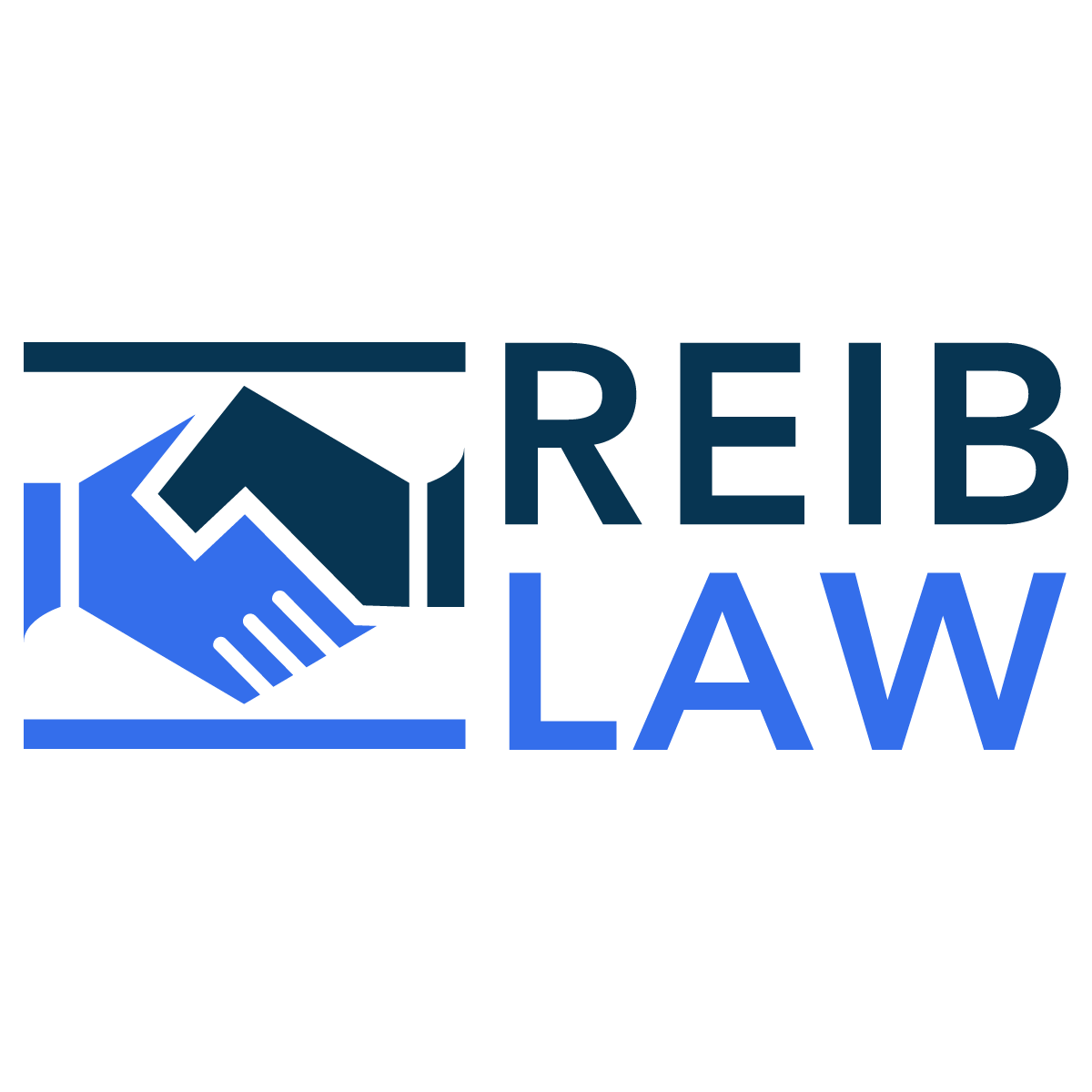Protecting Your Intellectual Property: Trademarks, Copyrights, and Patents
In the dynamic world of business, innovation and creativity are often the driving forces behind success. Small businesses, just like industry giants, invest time and resources in developing unique products, logos, and content. But how do you safeguard these valuable creations from being copied or used without permission? The answer lies in intellectual property protection, and in this blog, we'll delve into the significance of protecting your intellectual property and the steps small businesses can take to ensure their innovations remain exclusively theirs.
Understanding Intellectual Property
Before we dive into protection strategies, let's clarify what intellectual property (IP) encompasses. It's a broad term covering various creations of the mind, including inventions, literary and artistic works, and symbols, names, and images used in commerce. IP can be categorized into three primary forms: trademarks, copyrights, and patents.
1. Trademarks: Protecting Your Brand Identity
Trademarks are essential for safeguarding your brand identity. They include names, logos, slogans, and symbols that distinguish your products or services from competitors'. Registering a trademark grants exclusive rights to use it in commerce and provides legal recourse if others attempt to copy or infringe upon it. Small businesses can start by conducting a thorough search to ensure the chosen mark is unique and then proceed with the registration process.
2. Copyrights: Safeguarding Creative Works
Copyrights protect original literary, artistic, and creative works, such as books, music, software, and website content. As a small business owner, ensure that any content you create is automatically protected by copyright as soon as it's in a fixed, tangible form. However, registering your copyright with the U.S. Copyright Office enhances your ability to enforce your rights and seek damages in case of infringement.
3. Patents: Securing Inventions and Innovations
Patents are vital for safeguarding inventions and innovations. They provide exclusive rights to make, use, and sell an invention for a set period, typically 20 years. Small businesses should conduct thorough research to determine if their invention is patentable, as not all innovations are eligible. If it is, the patent application process can be complex, so it's advisable to seek legal assistance to navigate it successfully.
Steps to Protect Your Intellectual Property
Identification: Identify and categorize your intellectual property assets, including trademarks, copyrights, and potential patentable inventions.
Registration: Register your trademarks, copyrights, and patents with the appropriate government agencies to establish exclusive rights.
Confidentiality: Implement confidentiality agreements (non-disclosure agreements) with employees, contractors, and partners to protect your intellectual property from unauthorized disclosure.
Innovation Culture: Foster a culture of innovation within your organization, where employees understand the importance of IP protection and contribute to its preservation.
Regular Audits: Conduct regular audits of your IP portfolio to ensure it aligns with your business goals and remains adequately protected.
Legal Counsel: Consult with intellectual property attorneys or experts to navigate the complexities of IP protection and enforcement effectively.
Protecting your intellectual property is not just a legal necessity; it's a strategic move to secure your competitive edge and the foundation of your business success. By taking proactive steps to safeguard your trademarks, copyrights, and patents, you can ensure that your creative and innovative efforts remain exclusively yours, setting the stage for continued growth and success in the world of small business. Remember, your future success depends on protecting what makes your business unique, so take action today to safeguard your intellectual property assets.
Ready to Safeguard Your Intellectual Property?
Your intellectual property is a valuable asset for your small business, and protecting it is paramount. To take the next step in safeguarding your trademarks, copyrights, and patents, consult with Reib Law. Our experienced team can provide you with the guidance and support you need. Don't wait until it's too late; secure your creative and innovative efforts today.
Your business's future success depends on protecting what makes it unique, so take action now. Contact us at https://www.reiblaw.com/contact


